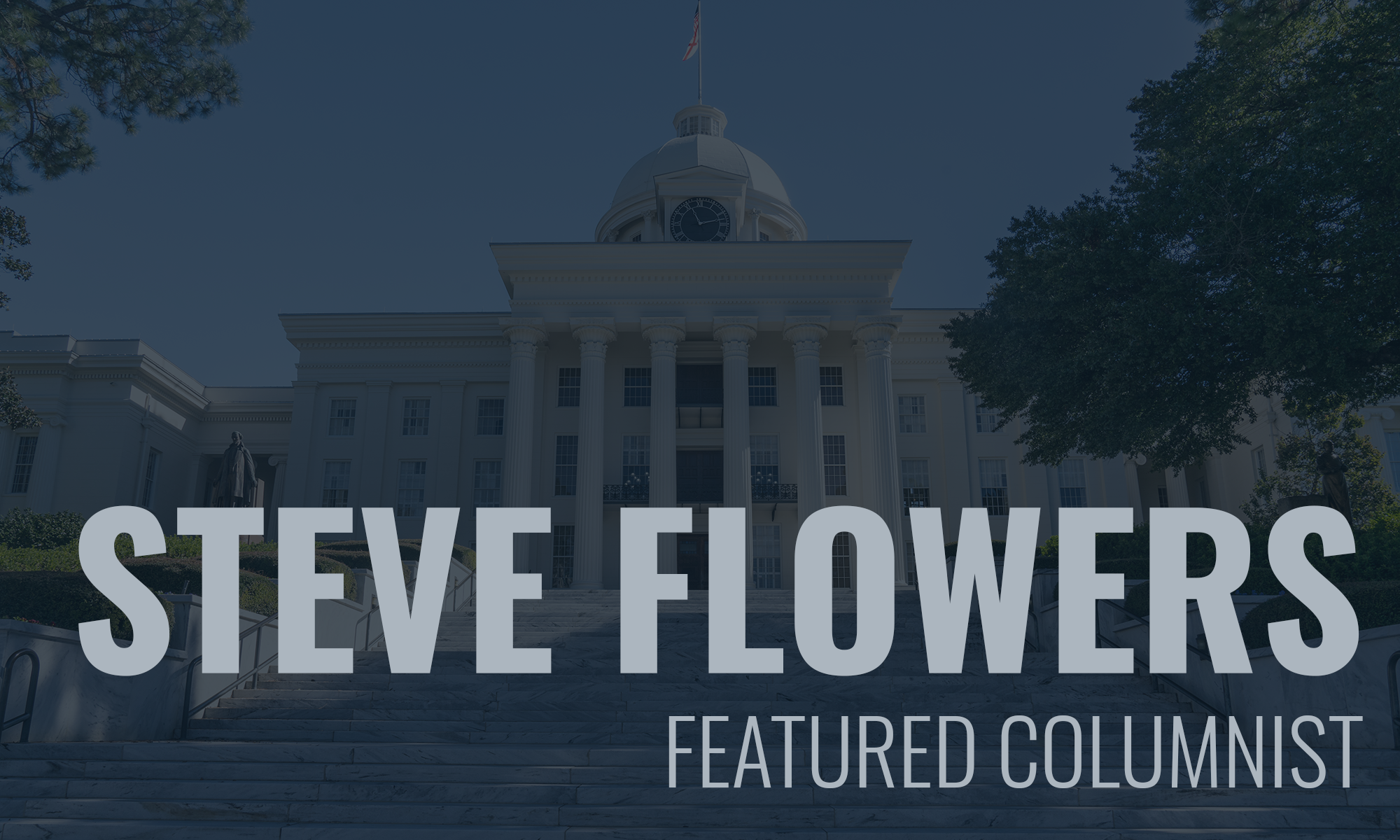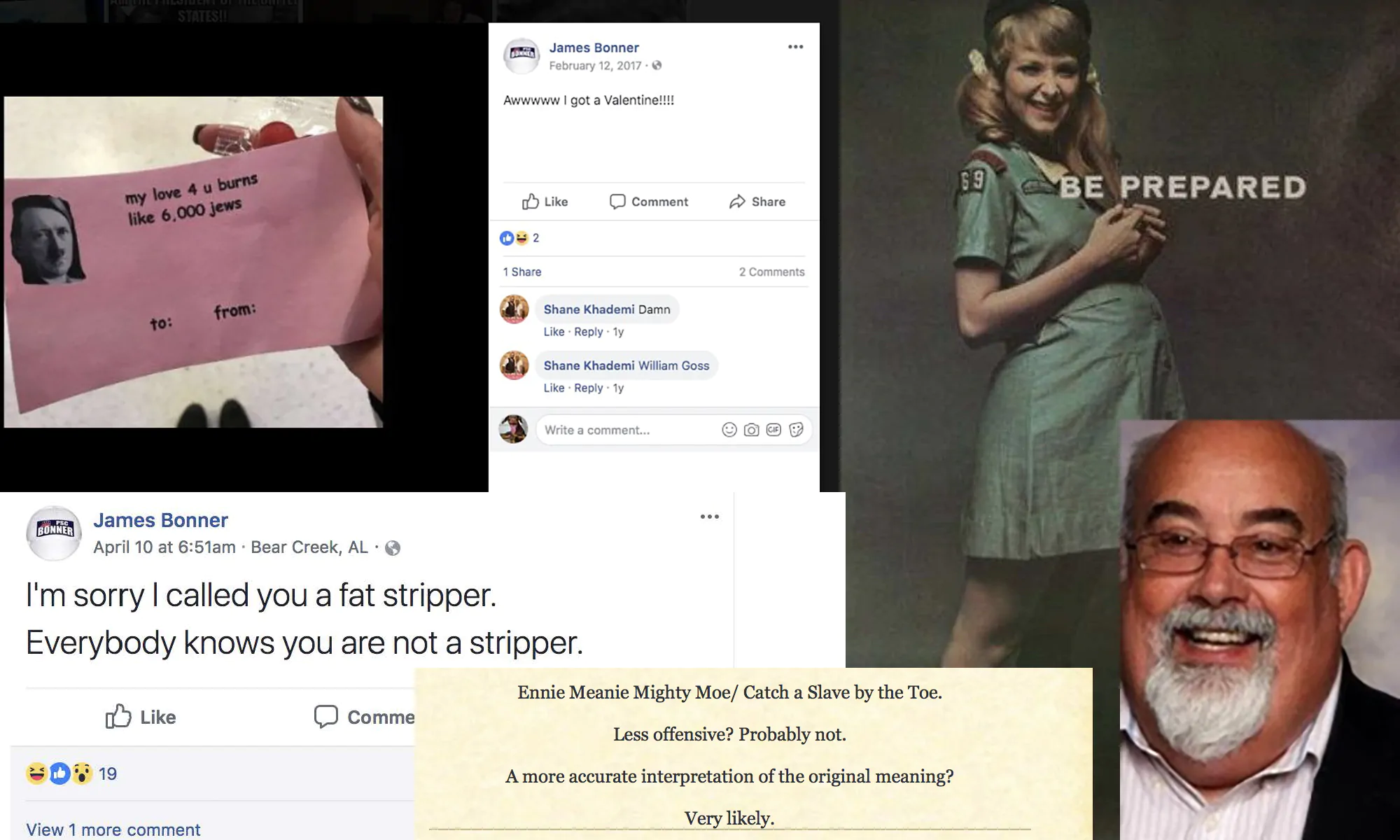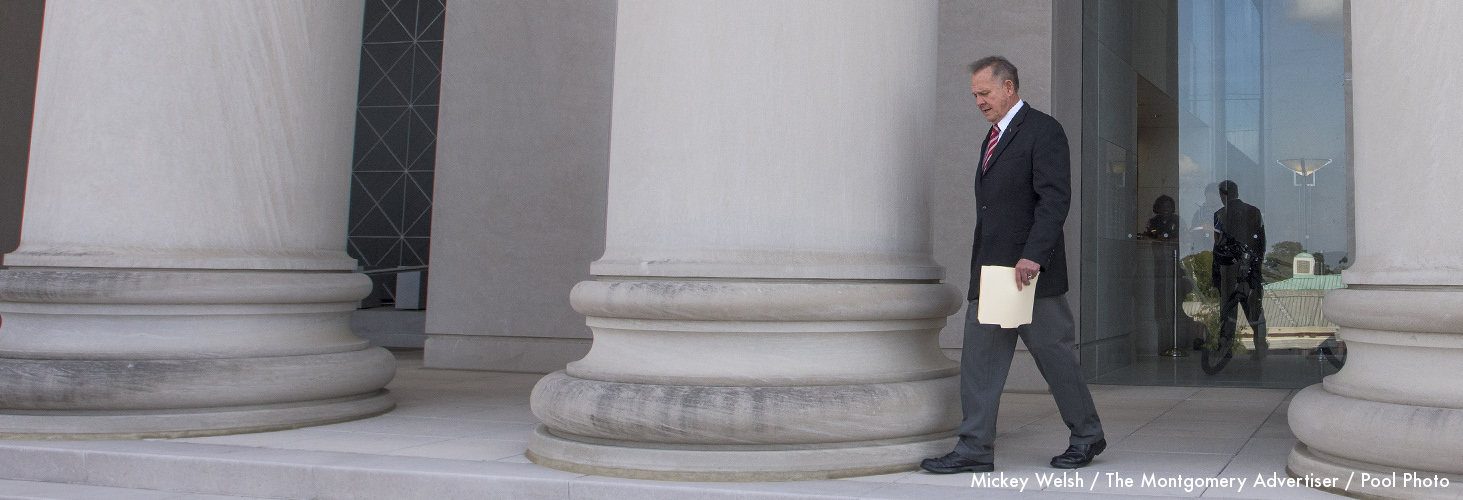By Bill Britt
Alabama Political Reporter
MONTGOMERY—From school boards around the state to Governor Robert Bentley, concerns over the School Accountability Act of 2013 have continued to surface.
On Sunday, the president and editor of Alabama biggest news organization spoke out with his concerns. No, it was not the editor of a corporate-owned newspaper, but the The Alabama Baptist, the state’s largest news publication.
In an editorial in the Montgomery Advertiser, Dr. Bobby S. (Bob) Terry president and editor of The Alabama Baptist laments the fact that no individual or news organization has “called attention to the fact that the bill violates the religious liberty of every Alabamian as set forth in the 1901 Alabama Constitution.”
Dr. Terry, then lays out his case as to how the Accountability Act violates the state’s constitution.
Terry writes, “ Article I, Section 3 of the Alabama Constitution is titled Religious Liberty and says, in part, ‘No one shall be compelled by law to attend any place of worship; nor to pay any tithes, taxes or other rate for building or repairing any place of worship, or for maintaining any minister or ministry.’”
This section is known as a Compelled Support Clause, and is a foundational portion of the 1901 Constitution.
According to Terry, “The words are clear — no taxes for maintaining a church-related ministry. Yet that is exactly what tax credits are.”
Terry puts forward the idea that a “violation of religious liberty…occurs when public tax dollars are channeled into church-related causes.”
However, in Arizona Christian School Tuition Organization v. Winn, the U.S. Supreme Court “paved the way for a new avenue of school choice, refusing to strike down an Arizona tax-credit program that allows Arizonans to direct a portion of their state income tax payments to organizations that support private schools, including religiously affiliated schools,” according to an abstract by Bruce Van Baren, Loyola University Chicago School of Law.
According to Van Baren, “a sharply divided Court held that the respondents, Arizona taxpayers, did not have legal standing to challenge the program’s constitutionality under the Establishment Clause of the First Amendment.”
As Terry points out, the court only ruled that the citizens of Arizona, “did not have legal standing.”
Terry says this was a ruling in “A technical point about legal methodology [that] prevents an examination about the legal merits of the case.”
However, there still remains a potential problem in Section 263 of the Alabama Constitution which states, “School funds not to be used for support of sectarian or denominational schools. No money raised for the support of the public schools shall be appropriated to or used for the support of any sectarian or denominational school.”
Also known as the Blaine Amendment, Section 263 has caused some legal minds to question how the Alabama Supreme Court might react to this constitutional provision. This question especially becomes potent given the very strict constructionist views of Chief Justice Roy Moore. Moore, is not seen as a justice who tows party-lines, but as a judicial purist. Many have assumed that because the Alabama court is comprised of republicans that any legislation passed by the republican majority would be upheld without a fair judicial review. While this maybe true of some, no one could accurately accuse Justice Moore of being a partisan pushover.
Recently, the Alabama Policy Institute has issued a paper expressing the need to overturn Section 263 or the Blaine Amendment portion of the State Constitution.
The President of API, Gary Palmer, and his organization have deep ties to the group ALEC (American Legislative Exchange Council) which wrote the blueprint for the Alabama School Accountability Act.
Addressing the problems that might arise with school-choice laws in Alabama ALEC, wrote, “Tax credit programs and vouchers are both school choice options for Alabama. Although the Alabama Constitution contains both a Compelled Support Clause and Blaine Amendment language, the Alabama courts are unlikely to interpret these clauses expansively to prohibit school choice.”
Yet, the Compelled Support Clause and Blaine Amendment were originally intended to make sure there was a separation between church schools and state tax dollars.
ALEC then offers its recommendation to the state’s legislature, “To avoid potential problems with the second of Alabama’s Blaine Amendments (Article XIV, Section 263), voucher program funding should explicitly come from sources other than the state’s public school fund.”
In this mode, API is encouraging lawmakers to repeal the part of the Alabama Constitution that does not allow spending of public education funds on religious schools.
API writes, “During the current effort to reform and modernize Alabama’s Constitution, state lawmakers should give the citizens of Alabama an opportunity to repeal this egregious assault on religion. Allowing state programs to cooperate with parochial and other private schools… can illuminate a whole world of educational options for Alabama’s children.”
API says it wants to, “illuminate a whole world of educational options for Alabama’s children.”
Dr. Terry seems to argue that such illumination violates the state’s constitution saying, “Tax credits to parochial schools are nothing more than what one writer called a ‘silly distinction’ to allow government to use its taxing power to support religious ministries.”
Terry further states, “If the bill stands, Alabama will join a growing list of states with a controversial school-funding program that funnels public money to private and religious institutions in the form of tax credits. That this could happen in Alabama where we vigorously resist efforts by other government entities to limit religious freedom is the greatest of ironies.”
The libertarian-leaning Cato Institute has said of school choice, “To realize the positive effects of a competitive education market, school choice programs must ensure autonomy and independence for private schools and flexibility for public schools.”
One could question how much “autonomy and independence” a faith-based school could exercise under the tax credit system of the Accountability Act.
Terry, concludes his editorial boldly stating, “That this could happen in a state where Baptists, the champions of religious liberty, are the predominant religious group is equally astonishing. It illustrates the difference between valuing religious liberty in theory and actually protecting that liberty in practice.”
Dr. Terry is the president and editor of The Alabama Baptist. Their stated goal is to “help empower Baptists of Alabama and others to live out the biblical concepts of Christian discipleship in their personal lives, their professional lives and their lives within the community of faith.”


















































